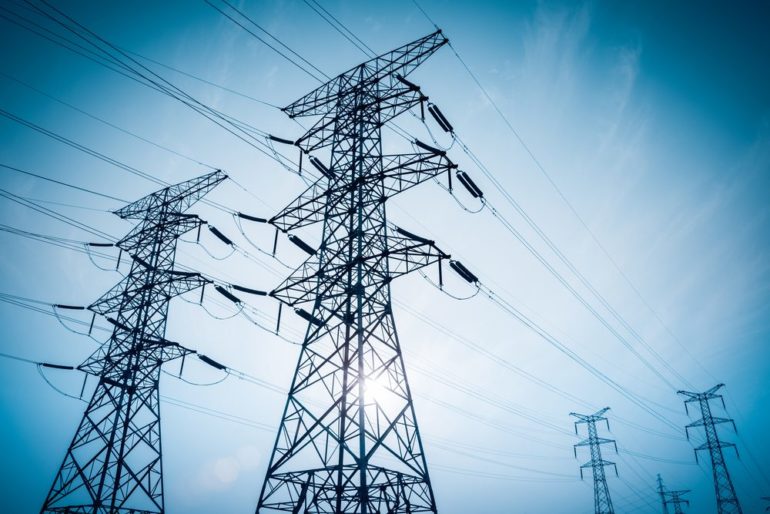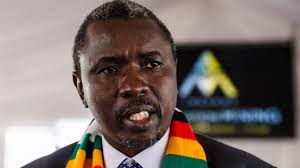Dark winter as Zimbabwe power deficit worsens

Zimbabwe is experiencing power shortages
ZIMBABWE faces prolonged power outages after a surge from South African electricity imports overloaded its network and caused generating plants to fail, Energy minister Zhemu Soda said.
The surge caused a nationwide blackout in the early hours of Monday, as it affected output at the Kariba hydropower plant and the coal-fired Hwange facility, Soda said.
Generation has since been restored at Kariba and it’s the only one of the nation’s five plants that is working, while engineers are trying to restore output at the Hwange units, he said.
“Demand is outweighing internal power-generation capacity,” Soda said.
Kariba was producing 1 014megawatts (MW) of electricity as of Monday, according to the Zimbabwe Power Company’s website.
Current demand is at least 1 400MW.
Zimbabwe doesn’t produce enough of its own power and has to import extra electricity from South Africa and Mozambique to meet demand.
Zesa’s debt to Hidroeléctrica de Cahora Bassa rose to US$97 million last year, up from just over US$45 million in 2019, according to data from the Mozambican power utility.
Eskom of South Africa resumed power supplies to Zimbabwe in 2019 after Zesa cleared its debts.
However, Eskom only guarantees 50MW to Zimbabwe, and can only provide more when there is no load shedding in South Africa.
While power supply had improved last year from the major crisis of 2019, frequent breakdowns at Hwange have caused repeated outages.
The Hwange thermal power plant is currently made up of six units which were commissioned in phases between 1983 and 1987, with capacity to generate 920MW (four units of 120MW each and two units generating 220MW each).
Before the Kariba power station upgrade added 300MW to the 750MW hydro-electrical plant in March 2018, the Hwange thermal station was the country’s biggest station.
Mainly due to ageing equipment, the Hwange plant has not fired from all its installed plants for a while.
Currently, only four units are in service, generating less than a quarter of capacity.
To fix this diminishing capacity due to frequent breakdowns of its antiquated plants, the government is adding two new units, 7 and 8, at a cost of US$1,1 billion.
Dubbed the Hwange 7 and 8 project, the expansion will add 600MW to the plant’s existing capacity.
This year, Zimbabwe expects 100MW to be added to the grid from renewable energy projects. The country tendered for 500MW of solar power in 2020.
However, investment in renewables remains low because Zimbabwe’s investment climate makes it hard to secure capital for large projects.
A new independent producer, Zimbabwe Zhongxin Electrical Energy, is expected to add an additional 50MW in thermal power by October.
— newZWire




